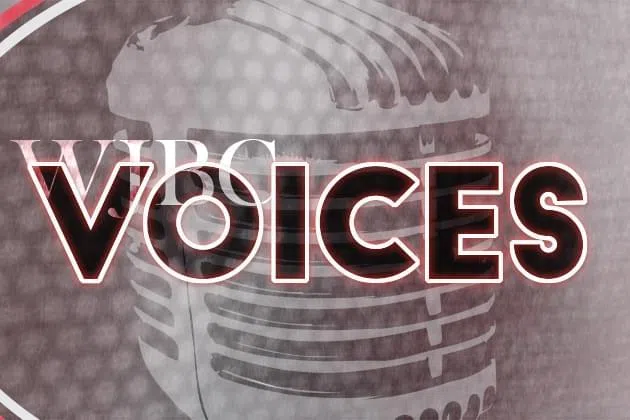By Mike Matejka
As President Donald Trump threatens to send federal marshals into Chicago, over the objections of Illinois Governor J.B. Pritzker, recall another Illinois Governor who protested the incursion of armed federal personnel into the city. Those federal troops, rather than calming, escalated the situation, leading to deaths and violence.
Illinois poet Vachel Lindsay christened Illinois Democratic Governor John Peter Altgeld (1847-1902) as the “Eagle Forgotten,” for Altgeld’s bold and unpopular stances. In 1894, during Altgeld’s second year in office, the Pullman strike and boycott erupted, shutting down train traffic across the central and western states.
That spring workers at George Pullman’s railroad car works went on strike. Pullman had built his factory town of Pullman, Illinois just south of Chicago. Pullman won a great fortune perfecting the overnight railroad sleeping cars which bore his name. Pullman controlled every building in the town – workers not only labored for him but lived in his houses too. When the recession struck in 1893, Pullman refused to cut stock dividends, but he did cut workers’ wages. At the same time, he refused to lower rents. Workers reached out but Pullman refused to budge, so they walked out.
The Pullman strike was peaceful. In July, the new American Railway Union, led by Eugene V. Debs, held its first convention in Chicago. Moved by the Pullman workers’ plight, the railroaders pledged to move no train with a Pullman car on it. The Pullman boycott spread quickly and passenger trains were halted, as crews refused to work.
To break this union movement the railroads had a powerful ally. The Attorney General of the United States was Richard Olney, a railroad lawyer. The railroad companies began to put Pullman cars on mail trains. When workers refused to move those trains, Olney claimed they were obstructing the U.S. Mail. He called on Democratic President Grover Cleveland to send in federal marshals and U.S. Army troops to break the strike.
The Pullman strike and boycott were peaceful in Illinois. Striking workers in Pullman respected the company’s property. Altgeld pleaded with the Democratic President to withhold federal forces, fearing escalating violence. Altgeld had dispatched Illinois militia units to troubled spots but felt Illinois was peaceful.
Altgeld telegraphed Cleveland on July 5, reassuring the President Illinois had the situation under control. Altgeld noted that the troops were being sent to bolster the railroad companies. Altgeld wrote, “the Federal Government has been applied to by men who had political and selfish motives for wanting to ignore the State government.” Altgeld told the President his actions “insults the people of this State by imputing to them an inability to govern themselves, or an unwillingness to enforce the law.” Altgeld concluded, “Should the situation at any time get so serious that we cannot control it with State forces, we will promptly ask for Federal assistance, but until such time, I protest, with all due deference, against this uncalled for reflection upon our people and again ask the immediate withdrawal of these troops.”
Altgeld’s fears proved true; there was isolated violence, which local authorities quelled. The introduction of Army troops and Federal Marshals inflamed crowds across the state. The “marshals” were often railroad agents or were recruited off the streets, given a badge and a gun but no training. As the railroads used federal power to move trains, at least 15 or more civilians were killed in confrontations. Debs and the strike leaders were arrested on July 10, charged with blocking the federal mails. The Pullman strike and boycott collapsed.
The St. Louis Post-Dispatch editorialized that the federal government had prostituted itself for private, corporate gain.
Today another war of words; does Chicago suffer from crime? Every city in America does. Is dispatching federal agents without first coordinating with local government and law enforcement, the solution? The Portland, Oregon experience showed little local coordination and inflamed tension from a federal deployment made for political gain. Law enforcement is under enough scrutiny now – having a President who uses federal agents for political posturing does little to solve long term problems and only exacerbates tensions in this nation. Governor Pritzker’s protest is very appropriate.





